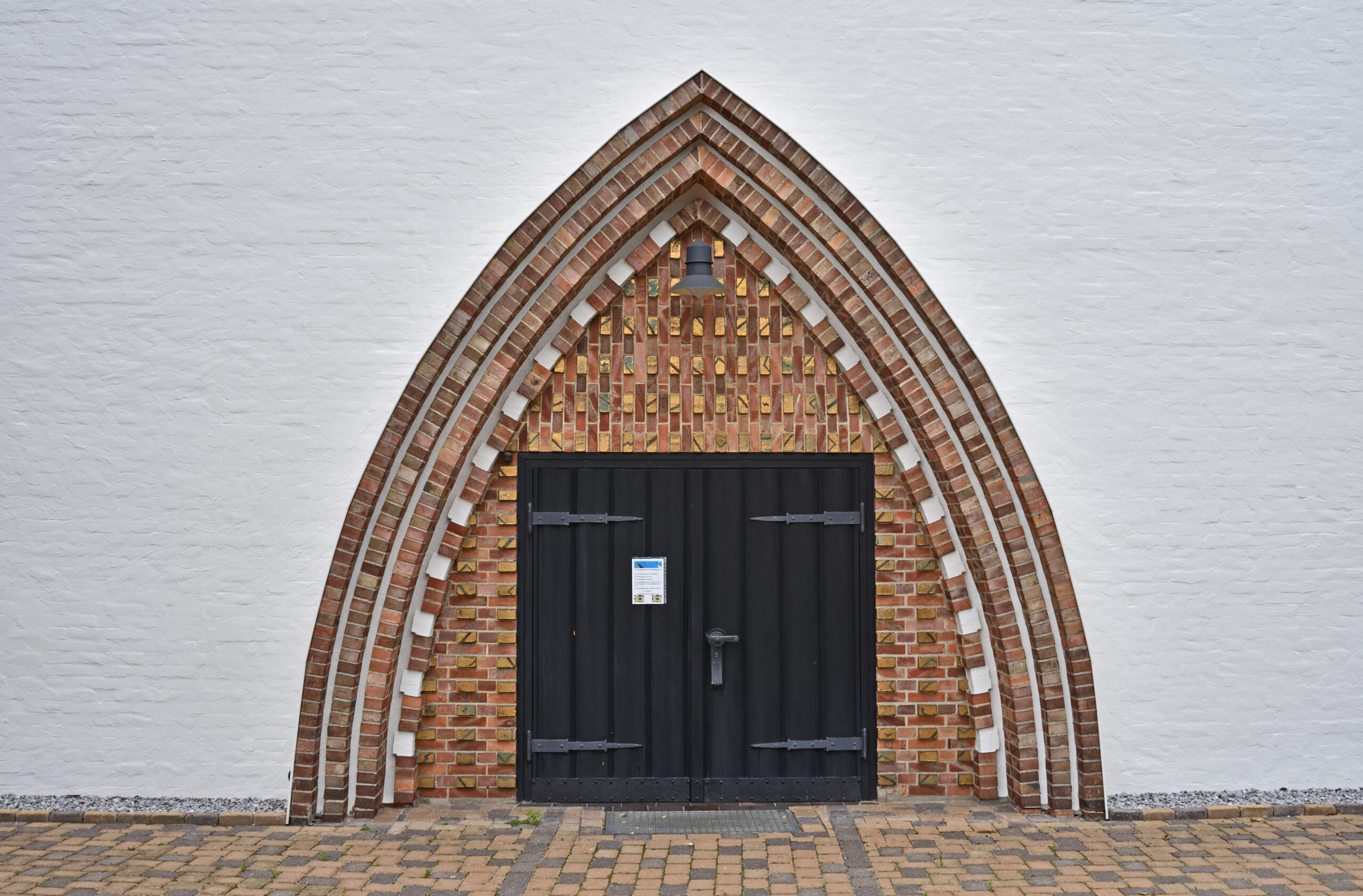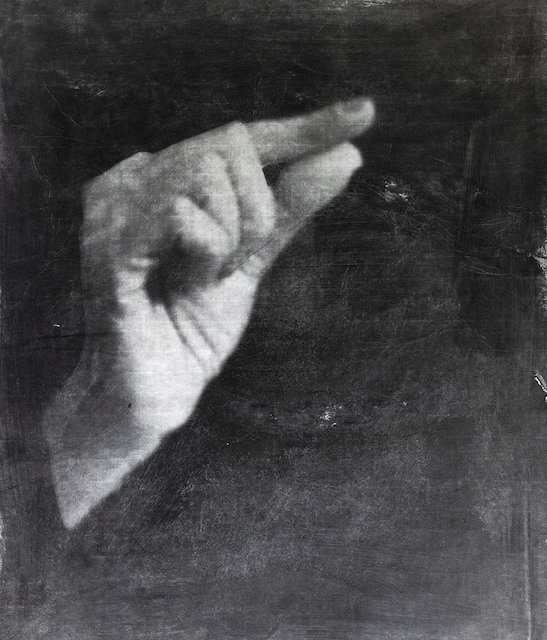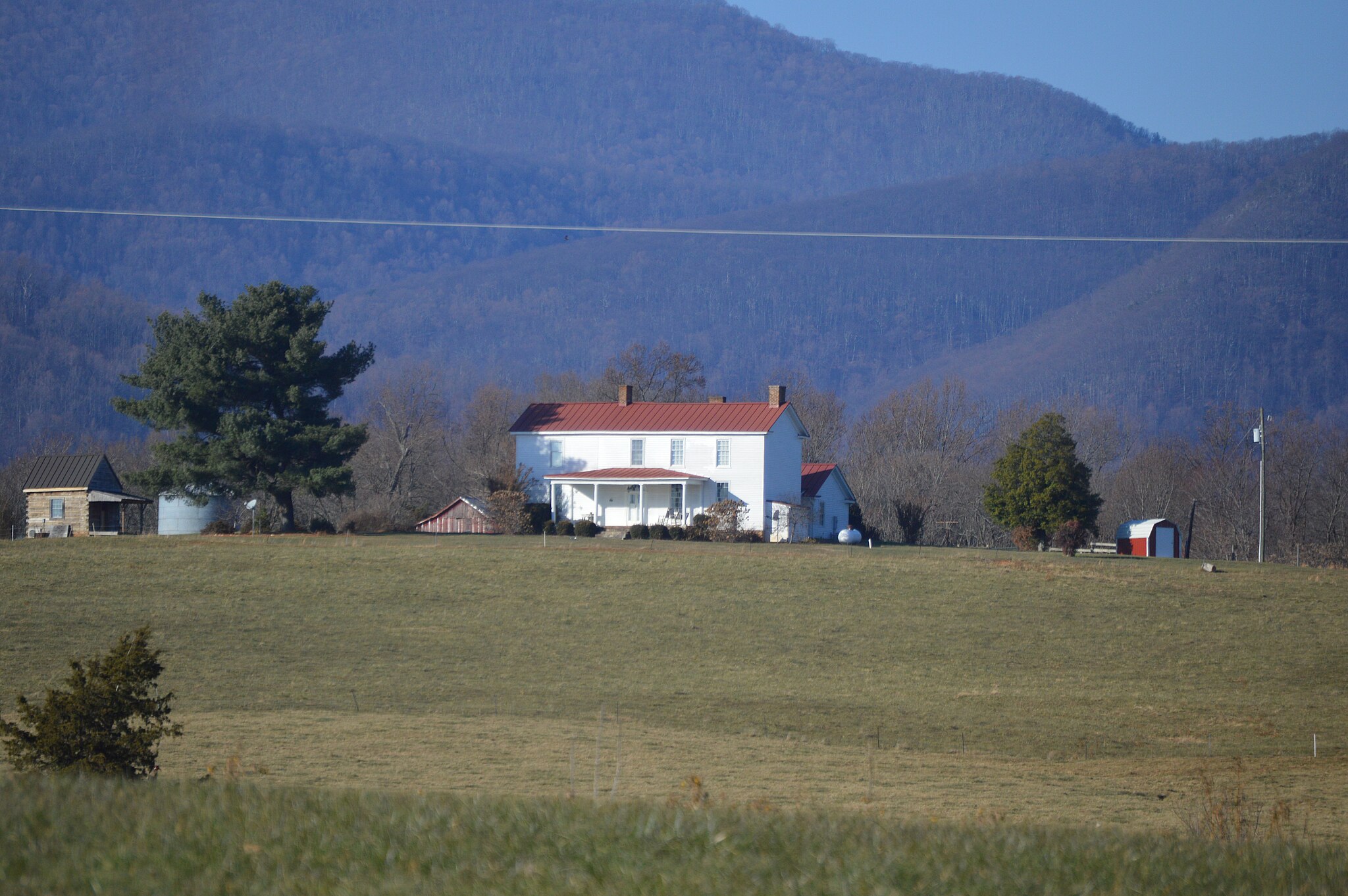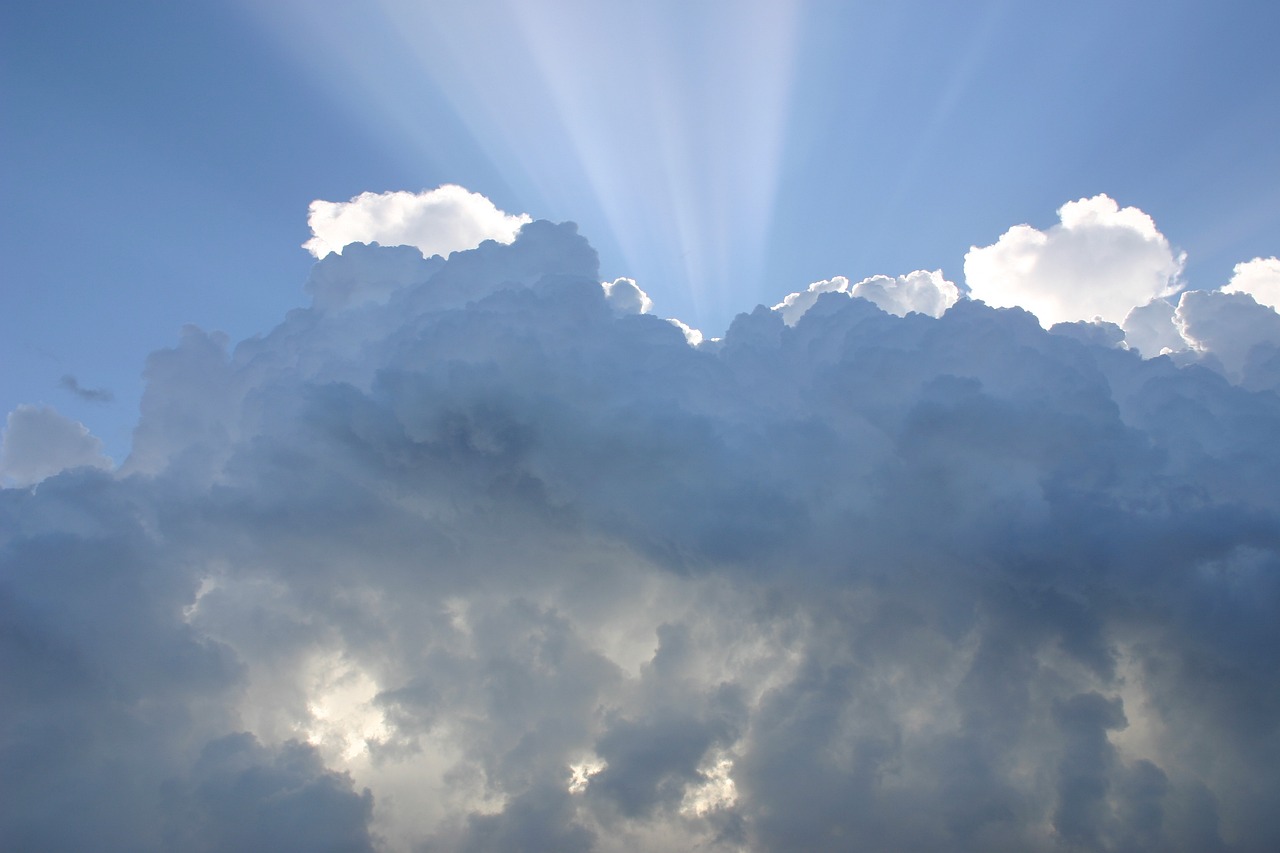Featured in

- Published 20241105
- ISBN: 978-1-923213-01-2
- Extent: 196 pp
- Paperback, ebook, PDF

ON SABBATH MORNINGS, I fidgeted as we knelt on the speckled purple carpet. The polished wood of the pews smelt of lacquer in the thick, still air, and from the pulpit, the pungent aroma of carnations and baby’s breath, pushed into foam blocks inside their ornate vases, wafted in the lazy arc of a pedestal fan. A clock high up on the wall marked the minutes ticking by, one by one, attracting glances and stifled yawns the longer the sermon continued after the second and hour hands edged past midday.
My mother let us pack felt pens and colouring books to fill the time, plastic animals to play with at her feet. Sometimes I’d drop handmade money drawn with crayons on scrap paper into the velvet offering bags – the bags where my parents’ fists so often disappeared, depositing handfuls of coins or an envelope of tithe. On ordinance days, as the church deacons passed communion bread and little glass thimbles of grape juice down the aisles, my mother would leave some left over for me, even though I was too young to be baptised.
‘Take, eat; this is My body which is broken for you; do this in remembrance of Me,’ the pastor would recite from somewhere in the New Testament, and my mother, checking that nobody was looking, would press the corner of her cracker or a sip of grape juice into my open mouth, ready to swallow while the adults continued to murmur a response, tilting their heads back to drain the tiny glasses.
During the foot-washing ceremony, every so often, I was allowed to splash my grandma’s stockinged feet with warm water. My memories, so many of them, are low to the floor: knees growing sore on the nylon carpet, the scuffed leather pumps of the organist, cast to the side as her toes bounced along the pedals during a rousing hymn, the flutter of patterned skirts as women gathered in the courtyard to whisper and laugh when the church service finally ended.
As we filed out of the orange brick building, church bells rippling a discordant tune, I liked to crawl behind a shrub next to the shallow concrete stairs and pull sticks through the dirt, watch the people around me through the branches sagging with red berries: other little girls pulling themselves in a dizzying circle of ‘Ring around the Rosie’, old ladies tipped forwards against their walking frames, lanky men in ironed trousers and polyester ties, holding Bibles against their thighs as they chatted and frowned and eventually dispersed.
Nothing could be as familiar or as strange.
I WAS RAISED in an evangelical Christian denomination most commonly distinguished by the way that members observe Saturday – the seventh day of the week – instead of Sunday as its sacred day of rest and worship. The ‘Adventist’ part of the name refers to the denomination’s focus on end-time prophecy and the Second Coming of Christ, though Seventh-day Adventists (SDAs, Sevvies or Addies for short) are also known for their emphasis on lifestyle and health reform: Ellen G White, a prophet and founder of the early Church, famously advocated a vegetarian diet – the avoidance of ‘flesh foods’, especially the animal products condemned by Levitical law. Adventists typically avoid caffeine and alcohol, too, and the Loma Linda area in California – an SDA community surrounding the university – has been identified as the only Blue Zone in the US, a part of the world renowned for longer-than-usual lifespans, boasting an average life expectancy of around ninety years. Loma Linda residents are ten times more likely to live to a hundred than most other Americans.
Adventism has, I suppose, plenty to recommend it, but ask any of us who grew up in the ’80s or ’90s and we’ll be able to invoke a vast list of forbidden comestibles and activities, an unofficial rulebook whose pages were thought to pave the way not just to longevity but all the way to eternity: no alcohol, no coffee, no shellfish, no pork, no offal, no meat containing blood (or meat whatsoever), no cordial, no soft drink; from sundown on Friday evening to dusk of the following day – to keep the Sabbath – no work, no chores, no shopping, no sports, no TV, no movies, no video games, no secular music,
no parties or sleepovers with friends outside the Church, no elaborate cooking or food preparation, and for chastity and humility, no make-up, no tattoos, no piercings and no trendy, outlandish or revealing clothes.
‘Are you wearing earrings?’ my grandma once enquired, piqued, when my mother let me wear a small pair of silver clip-ons, shaped like roses, to dinner at her house. I’d just had a filling at the dentist. The fork felt electric against my molars.
‘You’re showing a lot of skin,’ commented a friend’s father one Sabbath in the middle of summer, pulling at his shirtsleeves to animate the point. I was wearing one of my ‘good’ tops – ribbed fabric the colour of aubergine or a deep bruise that skimmed the curve of my shoulders. Heat bloomed in my cheeks as I sank into a pew beside my parents, my arms criss-crossed against my abdomen, palms clamped over my bare forearms.
I hardly heard the sermon.
You should be wary of people who obsess over small misdemeanours, my mother used to tell me. She would describe a married pastor, a real family man, who forbade tomato sauce, the kind from the supermarket – Heinz or MasterFoods – bright red, like blood spatter in a Tarantino film, full of artificial colours and added sugar; he would denounce its consumption at every opportunity, extol the virtues of a clean diet, a pure lifestyle, all the while carrying on an affair with another man’s wife. Preoccupations with small sins often hide large ones, my mother pointed out.
At the time, it was a secret that my father drank milky cups of Nescafé Blend 43, sometimes several a day; that we often watched Keeping Up Appearances in the evenings instead of sharing a devotional; that we ate in front of the TV without first saying grace; shared greasy roast dinners on Sunday evenings in my grandma’s little kitchen with the old wood stove and the streaky Formica table.
There were so many ways to fail.
I’VE NEVER READ the Bible from cover to cover, but I can list all the books of the Old and New Testaments in order from Genesis to Revelation. I can name the twelve disciples, recite the Lord’s Prayer – the King James version – and enumerate the fruits of the spirit: love, joy, peace, patience, kindness, goodness, faithfulness, gentleness and self-control. I know all the words to ‘Amazing Grace’ off by heart. I have ‘be still’ tattooed on my left bicep, words from my grandmother’s favourite hymn. Be still, my soul, we used to sing. The Lord is on thy side.
FOR MONTHS BEFORE my sister and I were baptised, our pastor would visit us at home for a special Bible study.
Every Sunday, before he pulled up outside our house in his champagne-coloured sedan, we’d huddle together at the dining room table, swapping answers and scribbling in the leaflets we’d neglected to complete as homework the week before: preparation for the solemn commitment we’d decided to make. By writing our answers on the dotted lines, page by page, we were making ourselves not merely ready but acceptable for a performance that marked us as different from many other denominations: we were not being christened – sprinkled as unknowing infants with holy water. This was our choice.
But I secretly dreaded these lessons, recoiled from the pastor’s amiable presence at the long, heavy table in the front room where the piano sat, lid always open, against the far wall, how earnestly he flipped through his leather-bound Bible, encouraging us to fumble through ours to read the same passages aloud, how he took our hands in his to open with prayer. It made me wonder, not for the first time but in a more pressing way, who had decided upon these things: who knew, with such sombre certainty, that we were fallen, that the only remedy was faith, compliance, God’s forgiveness – but more than that, how we were supposed to perceive and love this all-seeing, all-powerful God, believing, really believing, in stories that weren’t just stories but signs and symbols to be interpreted, observed, portents of the end time, the times of trouble, our suffering to come.
I felt unsure. Ambivalent. But I wanted to be good. I wanted to be like everyone else: faithful, certain, saved. I reached for the pastor’s hand, and we prayed.
I WAS DEVOUT. At first.
I deferred my university exams if they were scheduled on Saturdays. For years, I edited the church newsletter. I attended services in my home town on weekends when I visited my mum and dad, so I wouldn’t disappoint them.
Having moved to the city for university, I’d started going to a large, multilingual church in the southern suburbs, a church bordering a large industrial estate, regarded as progressive and thriving with a robust youth culture. But I usually sat alone in the back row, observing my peers in their immaculate clothing and impenetrable cliques with a certain longing – desperate, as I fanned my face with a printed church program – to be at home in bed, curled around a novel.
Who can say where these things start or where they end? Maybe there’s no such thing, but I can still recall playing Bible hangman in the youth room with a friend one Sabbath, another girl just out of high school, a girl I’d known since childhood; not long afterwards, she died in a car crash. We’d taken our shoes off that day, had laughed at an in-joke, laughed till we were doubled over, crying. Her funeral was so packed that I had to sit on my sister’s lap during the eulogy and pastor’s address, and as I contemplated the white coffin, overlaid with flowers, Simon and Garfunkel’s rendition of ‘Scarborough Fair’ trickling through the speakers, I tried to remember what we’d found so funny, which words we’d written in whiteboard marker only weeks before, whether we would, as the Bible so firmly promised, see each other again.
It was hard to go back.
MY SISTER AND I were baptised in a lake alongside some other teenagers from church – me, sixteen years old, my sister only twelve – while our congregation watched intently from the pebbly shore, women holding folded bath towels at the ready.
The pastor had told us what to expect, though of course we’d seen it all before, in church, when they lifted the carpet from the rostrum to reveal a concrete font below its wooden boards. During those services, a new member in their Sabbath best would descend the steps to join the pastor, already waist deep in the tepid water. He’d prop them against his shoulder, dip them below the water’s surface, then lift them back up again; they’d grope for the handrails to climb out, clothes clinging wetly to their bodies, eyes streaming. Transformed. Made new. While we waited for the baptismal candidates to change into dry clothes, the congregation sang together, one verse for each baptism:
Softly and tenderly, Jesus is calling
Calling o’ sinner, come home.
Then the pastor would beckon others to come forward, declaring a desire to be baptised, too. Each time, I’d feel my heart beat faster, sense eyes at my back – silly, I realised, because our eyes were meant to be closed, but expectation seemed to hum and flicker all around me, alive yet somehow synthetic, like the fizz of a fluorescent bulb. Next time, I reasoned, I would slide to the end of the pew and follow the aisle to the rostrum. Next time, I would kneel before the empty font.
THE STORY OF Sodom and Gomorrah, in Genesis 19, begins with a man named Lot inviting two angels into his home. An angry mob from the wicked cities soon surrounds them, calling for Lot to bring out the visitors so they can violate them. Lot, a supposedly pious man, endeavours to save the angels by offering up his own daughters instead: ‘Let me bring them out to you,’ he begs, ‘and you can do what you like with them!’ Yet God is merciful. The angels blind the writhing mob, leading Lot and his family away from the burning streets, urging them to flee for their lives, to flee to the mountains, as sulphur rains down from the heavens, destroying everything. Not even the vegetation is spared. But Lot’s wife, in a moment of weakness, a moment of regret, perhaps, or even curiosity, looks back at her home one last time and is turned into a pillar of salt.
Later, in the Book of Job, God makes a deal with Satan to test Job’s loyalty, so convinced of the man’s faithfulness that no amount of pain, punishment or suffering could cause his allegiance to falter. When Satan slaughters Job’s children, his servants and all his livestock, Job, stricken with grief and then covered in boils, tears his robes. He shaves his head and falls to the ground, bereft, nonetheless worshipping God: ‘The Lord giveth, and the Lord taketh away,’ he surmises.
The Bible is full of these stories, examples of the godly tested by Satan, appraised by the Lord from afar, trials of faith, parables decrying weakness in the face of suffering, narratives suffused with blood and tears and pus and rot. Elsewhere, we read about dragons, beasts and worms, lakes of fire, an eye for an eye, severed heads served up on silver platters. There’s one verse, however, which appears in Revelation, that I find even more terrifying, though for a long time I couldn’t have said why. In a letter to the church of Laodicea, the Apostle Paul apparently writes: ‘I know your deeds, that you are neither hot nor cold. I wish you were one or the other. Because you are lukewarm, I am about to spit you out of my mouth.’
It is, I’m taught, an indictment of insipid ambivalence – like the salt in the Book of Matthew that loses its saltiness. We’re called to be something, either this or that, and to linger in uncertainty is to fail, to render oneself offensive, nauseous, a thing to be ejected. If God can read my heart, I speculate, what exactly will He find there? O ye of little faith. O ye of little faith.
In the New Testament, we’re told that even a speck of the stuff – faith as small as a mustard seed – can move mountains. ‘Truly I tell you,’ Jesus says to his followers, ‘if anyone says to this mountain, “Go, throw yourself into the sea”, and does not doubt in their heart but believes that what they say will happen, it will be done for them.’
I cannot move mountains. Sometimes I’d look around during the closing prayer, surveying so many bodies stooped between pews, hands outstretched to receive a blessing, or folded neatly in a lap, eyes closed in reverence, in gratitude, in adoration. I’d bow my head again, shift my weight from one knee to another, smooth my skirt. A pillar of salt. Yet somehow flavourless. Lukewarm. Detestable. Only a little faith may as well be none.
When Jesus prayed in the Garden of Gethsemane, the disciple Luke, a physician, wrote that his sweat became like great drops of blood falling to the ground. From the cross, Jesus cried out in anguish: ‘My Father, why have you forsaken me?’
But what happens, I wonder, when you forsake God?
THERE ARE OTHERS like me, those who have, in faintly euphemistic terms, left the church, what we might otherwise call the spiritually unmoored, though we’ve invented specific words for them: lapsed – adjective, mildly noncommittal, perhaps only temporary; apostate – noun, sharper, less impassive. But whatever you call us, no matter the nomenclature, we’re now foreigners, I believe, in one place or another, still too much of this to be that, betrayed by something like a subtle accent, a vowel bent out of shape, if you watch or listen for it closely enough. (I’ve never developed a taste for alcohol. I still cringe when I hear the Lord’s name taken in vain. I wonder who invented flowers.)
Some church-leavers I know regard their former Christianity with the same contempt that ex-smokers behold the cigarette. But there are things, on closer inspection, I suspect we actually miss: the ceremony, the quiet unanimity, the sense of belonging, on some level, or being set apart from the rest, whether exceptional or abject, whether the flicker of a lighter or a candle, hands turned in quiet greeting, moments set aside from the clamour of the working week, the so-called real world, knowing glances between strangers united by habit, peculiarity, consensus, the familiarity and comfort of routine.
Mostly, I miss the music, the hushed voices, church windows filtering light through coloured glass.
STANDING WAIST DEEP in the lake, its surface a quivering reflection of the cloudy sky, I watched as a wet stain crept along the pastor’s shirt from his leather belt to his armpits. After delivering a brief sermon, he baptised us, one after the other, bringing a cotton handkerchief to our mouths, invoking the powers vested in him by the Father, the Son and the Holy Spirit, folding us gently beneath the water, then hoisting us back into the humidity of the late spring afternoon.
When it was my turn, I let my spine relax, opened my eyes just briefly, a stream of bubbles billowing from my nostrils through the dull, dark water, but almost immediately it was over, and I was blinking in the fading sunlight, slick and wet as a newborn, wading to the shoreline into a terry-clothed embrace, accepting weak handshakes and tearful blessings.
In the handful of photos I still have, we’re all smiling, a group of us, with arms looped round each other’s shoulders, another pair of sisters wearing board shorts, hair tied back in loose ponytails. We had publicly declared our love for Jesus. Everybody was so proud.
Later that night, my boyfriend kissed me for the first time on a grassy expanse where no one could see us, the light from a streetlamp shaggy in the steady drizzle. I did not love him – barely knew him, really. His lips were cold; his five o’clock shadow felt rough against my cheek. But how softly the rain fell that night, how brightly the light shone, a grainy halo decomposing gently in the dark.
I ONCE HEARD a minister say he consults God in every decision he makes – even which shoes to buy – and this admission has stayed with me, has developed into a compulsion so deeply etched, so indelible, that it’s impossible to shake. I’ve been known, for example, to pray for an empty car park. I’ve prayed to find my glasses; during traffic jams to make an appointment on time. Of course, I’ve prayed for clarity and endurance as well. I’ve prayed to be delivered from the clutches of depression, for a loved one’s health to be restored, for a safe journey on long car trips and red-eye flights. I close my eyes when I hear a sad story, see bloodshed on the news. But, just as often, I ply God with more trivial requests. Please, God, let me get the next bus. Please, God, make this meeting end soon. Please, God, forgive me for not stopping to buy The Big Issue today. I catch myself mid-sentence: God bless, good God, God willing. Which god am I calling on?
Faithlessness, nobody warned me, is a curiously disorienting form of loneliness. Without God, there’s no voice at the end of the line, no omniscient presence who knows my every thought and deed, has tallied the hairs upon my head, observes each fallen sparrow. If God is dead, as Nietzsche said, there’s no supplication, no mediation between this world and another, no redemption. Only chance. Only choice. Even now, it’s a loneliness that strikes with the randomness of an itch; it is a shrivelling of the universe, a flattening of the world, a compression of the soul. But with it comes a sense of extrication, too, this failure of faith, this sterile singularity, even if encountered anew, over and over. What’s left is kindness for the sake of kindness, peace in the event of suffering – for there’s no cosmic reason, no lesson, no prophecy to be deciphered and fulfilled. Be still my soul, the hymn calmly compels us, the Lord is on thy side. I like to think He still is, even if it turns out I’m wrong about everything.
‘IT USED TO bother me,’ I said to my sister one afternoon recently, out of the blue, ‘how they’d throw out the uneaten communion bread.’ Unlike the wine, which was a non-alcoholic juice, sweet and cloying, the bread was dense, salty, toothsome – I always wanted more. But once blessed, if unused, nobody was to touch what was left over. The deaconesses would tip the crackers into a kitchen bin, tie a knot in the plastic liner and place it in a skip out the front for council collection.
A few days later, my sister emailed me a recipe, a few short lines on a piece of crumpled paper: In a blender, combine one cup of wholemeal flour with two tablespoons of olive oil, three tablespoons of hot water and a generous spoonful of salt. Knead for one to two minutes then roll out thinly, scoring the dough in a rectangular pattern. Bake at 200-degrees Celsius until crisp.
It will break into pieces in your hands.
Image courtesy of Wikimedia Commons
Share article
More from author

wet flowers
names: zoloft. lyrica. cipramil. avanza. neulactil. quetiapine. cymbalta. because. because of it. depression. major depression. dysthymia. melancholia. intractable. medication-resistant. they’re called clamshells, those little plastic cavities. yet they never yield a pearl.
More from this edition

Through the looking glass
In Conversation Photography and truth have always had a complicated relationship. Long before AI and deepfakes recalibrated our trust in the medium, we’ve seen reality reinterpreted...

Tawny child
FictionCarefully, Morgan loosened the fabric. The crying increased in volume. Eventually, the small dark head of a bawling, tawny child emerged into the clear light. Morgan looked at the child with her eyes narrowed and her lips pursed, as if she were considering an heirloom of unknown value. Hans took the envelope from the fingers of the man in the blue suit and tore the gold seal. Inside were five crisp, dry banknotes. The man in the blue suit told them that such payments would be forthcoming every month, and that the child’s name was Many-gift in the local dialect, but they were to refer to him as Albert and raise him as their own.

The trouble with eternity
Poetry I had a dream about the afterlife: I died quite unexpectedly Although it is, of course, to be expected, And I materialised in the middle of a...